LAW Promotes Non-male Candidates Only, Provokes Debate
One of LAW’s posts for non-male candidates, promoting junior Olivia Katz
May 28, 2020
Over the past two weeks, Latin’s Alliance for Women (LAW) used its Instagram to promote non-male Student Government candidates, inciting debate among Latin students about the efficacy and fairness of their posts. The posts contained a picture of the candidate, the position they are running for, and information about who they are, their platform, and qualifications.
LAW’s efforts with their Instagram promotions represent only a microcosm of the issues with gender underrepresentation at large. For example, in the top 20 global financial services firms, women only represent 18% of senior leadership. Companies like Goldman Sachs, one of the largest investment banks in the world, have vowed to take action to improve gender representation. The investment bank will no longer take a company public unless they have at least one diverse board member in terms of gender. In 2021, they plan on increasing that number to at least two board members. Similarly, IBM addresses issues of gender underrepresentation in the technology sector through a program where they specifically hire, train, and retain female employees.
Mike Kegler, Latin’s Innovation and Data Manager, provided some statistics highlighting the longstanding underrepresentation of girls in Student Government. Since Latin became co-ed in 1953, Student Government has been a male-dominated organization. In 1953, girls only represented 20% of the organization. During the 2019-2020 school year, when 54.4% of upper school students were girls, they still represented only 20% of Student Government. LAW took it upon itself to combat these gender imbalances.
Senior Maya Passman, a LAW head and an active member of Student Government, believed the efforts to be effective as she saw lots of positive feedback on LAW’s Instagram page. She said, “there have been tons of comments on each post and they are our most liked posts. Our follower count has increased by 50 since posting them.” She was surprised by the demographic of her new followers. “A lot of the new followers are male students,” a sign, to her, that the boys in the community were also supporting LAW’s efforts and the non-male candidates.
To junior and Social Chair candidate Olivia Katz, LAW’s promotions and aid were not only positive in spreading their campaigns but also were confidence boosters. Olivia said, “It’s nerve-racking to run for Student Government, especially when I know that the school’s voting patterns do not generally favor candidates like myself.” She appreciated LAW’s help. “They have been so supportive, and have done things like read over my speech, help me organize my campaign and platform, help edit my campaign video, and they even all texted me before the speeches to wish me good luck and calm my nerves.”
Junior and Co-Curricular Chair candidate Freddi Mitchell agreed with Olivia. “I actually decided to run because my amazing LAW family convinced me to in one of our Saturday check-ins.” Without LAW’s campaign promotion and support, Freddi and Olivia wouldn’t have felt as confident in their campaigns.
Olivia also pointed out that LAW’s campaign promotions brought more attention to an overarching issue with Student Government. She said, “The promotion from LAW on their Instagram page and overall advertising of non-male candidates, myself included, helps us promote awareness of not only our campaigns but the issue of underrepresentation at large. I think this will have an impact in the long run, even if it doesn’t show up as much this year.” Olivia did not foresee a dramatic shift in voting this year, but she believed that the LAW’s promotions would highlight the gender underrepresentation so future generations are more mindful during elections.
Though they admired LAW’s intentions, some students believed that their Instagram promotions were ineffective or unfair.
To senior Dash Rierson, LAW’s promotions seemed like an act. “It feels as though little consideration is given to any policy or platform that those candidates are running on. This dynamic can make endorsements feel performative instead of substantive, which inevitably leads to a backlash among people who dislike rigid identity politics.” Dash felt that these promotions would only hurt LAW. “If someone doesn’t like LAW to begin with, constant promotions will only lead them to having more negative emotions towards the club.”
Similarly, senior Aoife Reynolds felt that LAW members posting on their personal account in support of non-male candidates diminished a candidate’s merit. “LAW promoting a series of candidates regardless of their qualifications for office is contradictory to their aim of creating a Student Government based on efficacy rather than gender identity.” In addition, Aoife recognized that LAW’s promotions became annoying to a certain group of students. “It’s unfortunate and unfair that by overly promoting non-male candidates, they have pushed people to vote for men in spite.”
11th-grader and Senior Prefect candidate Henry Coleman believed that LAW’s Instagram promotions hurt his chances as he ran for Student Government. “I appreciate the intention behind the promotion of female and non-binary candidates, but as a candidate myself, I worry that they’re getting too much exposure from a self-interest standpoint.”
In the same vein, senior Maddie Koo saw how LAW could have alienated male candidates. “After hearing how during prefect speeches LAW members only commented when girls spoke, I could imagine how it would feel to be a boy candidate and not see the same amount of comments and feel the same amount of support. They might feel like they are being ganged up on.”
After receiving feedback about what some Latin students saw as unfairness from LAW’s Instagram promotions for non-male candidates, Maya Passman shared her favorite quote on the matter: “When you’re accustomed to privilege, equality feels like oppression.” She says, “Male students have been in charge for all of Latin’s history, and men have many advantages in life. We are just trying to give candidates an equal chance of winning by promoting them, a chance male candidates have always had.”
In the coming days, it will be interesting to see LAW’s impact on the elections and the approach they take in balancing gender representation in future years at Latin.
Note from the editors: According to Student Government candidates, two of the three Executive Board-elects so far are female-identifying: Olivia Katz won the Social Chair position, and Shreya Wojno won Junior Prefect.






































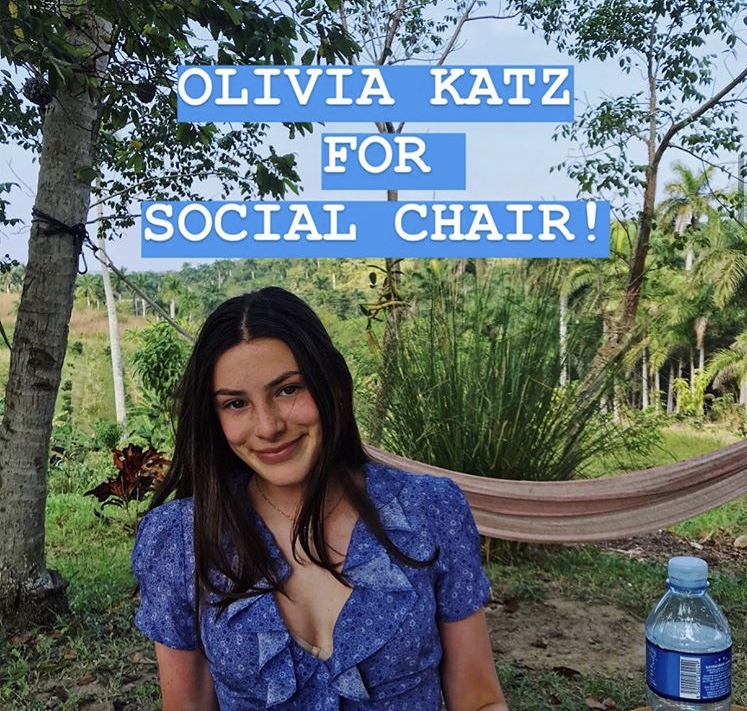
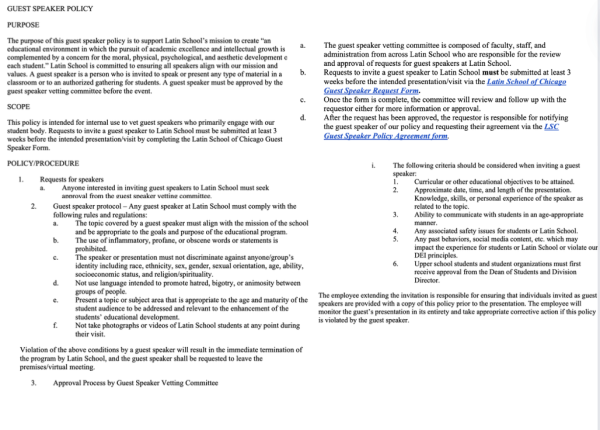
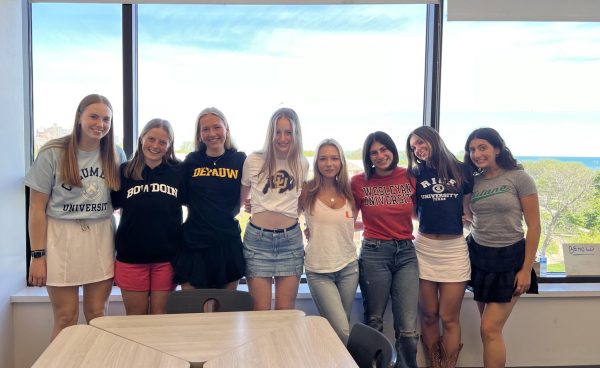





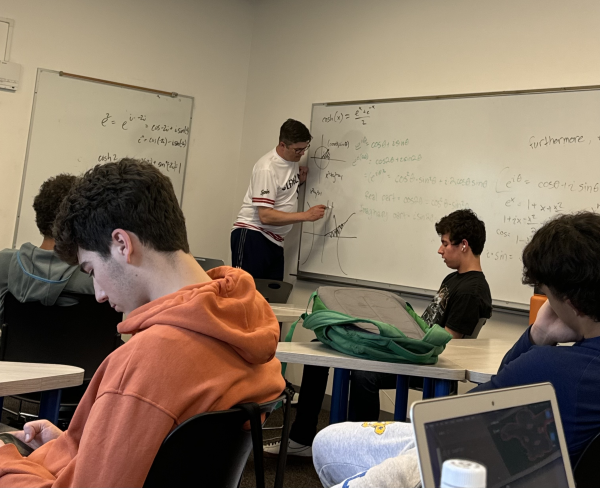
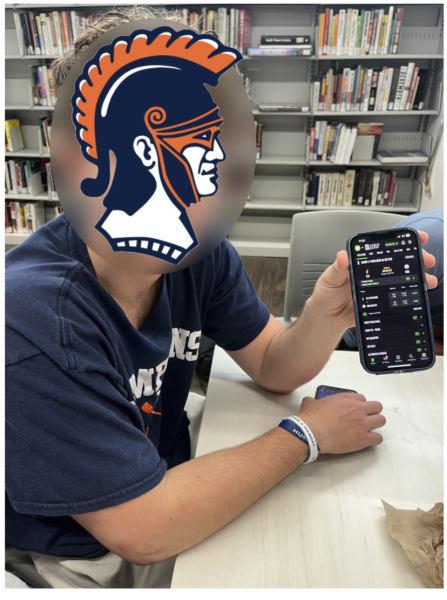
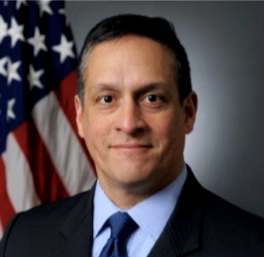


Dash Rierson • May 28, 2020 at 7:35 pm
Great article Tej. I’d like to respond to Freddi’s comment, which seems to take issue with my quote. I want to clarify: I was not at all trying to say that any non-male candidate who ran for student government did not run substantive, worthy campaigns. I apologize if it came off that way. I am a proud feminist and a proud member of LAW. However, it’s my belief that LAW’s heads did not decide to endorse candidates based on the substance of their campaigns, but on the candidate’s gender identity. This is evidenced by the fact that they endorsed every non-male candidate, including those running for the same position. I think that does a disservice to candidates who do run on policy because any promotion boils down to how they identify. Simply put, if all it takes to earn an endorsement is to identify a certain way, that endorsement comes to mean very little.
Maya Passman • May 28, 2020 at 2:01 pm
In response to Alex’s comment: I agree, LAW should be used as a way to encourage more non-male candidates to run. The sad truth is, encouraging is hard when there has not been a non-male on the executive board in four years. A way to encourage more women to run is to promote the ones that do, therefore showing others that this is a positive thing and we will be there to support them. We started out by encouraging LAW members to run by talking about it in meetings, as well as being there to help them with their campaigns, speeches, videos, and platforms. We did this with the freshman grade reps in the fall, and have been doing this with the executive board candidates. A lot goes on behind the scenes, our Instagram doesn’t reveal all!
Alex Lindemann • May 28, 2020 at 1:34 pm
LAW’s instagram should NOT be a way for females to capitalize and further their campaigns. It should only be a platform to encourage other female students to get involved. 26 students ran, 9 were girls. More girls running = higher chance a girl wins.
Lily Weaver • May 28, 2020 at 12:33 pm
Great article, Tej! Thank you for writing it. I am glad to see it has sparked such great conversations. I am hoping that LAW’s promotion of non-male candidates displayed that although there do not exist systemic barriers that keep non-males from running, there are still many social barriers. As per a great comment from Jesse Williams, “Equal rights for others does not mean fewer rights for you. It’s not pie.” With encouragement and support from the LAW community, we hoped to motivate non-males to run for student government positions because they simply do not run at the same rate as male candidates. I would also like to point out that although I do believe platforms play an integral role in campaigns, the issues addressed within these platforms among Latin students are different from the ones presented by candidates running for national office. To blindly vote for Congressional candidates, for example, is not commendable. I would not recommend anyone to vote for a Congressional candidate based solely on the fact that they are non-male. Although, within the smaller Latin community, the ideas and platforms presented by candidates often pertain to our community directly, as opposed to a national scale. I urge students to consider the fact that identity politics or voting existed in Latin student government elections long before LAW promoted non-male candidates this year. A big congrats to Olivia and Shreya for their victories as social chair and junior prefect! I am so sad that I won’t be able to experience the change they are bound to make in the Latin community next year.
Aoife Reynolds • May 28, 2020 at 12:17 pm
In response to Lindley’s comment, I would like to point out the difference between equality and equity. Though as a feminist I strive for gender equality, it is only through considering the inequity and reacting to the same degree can we achieve it. Equality is giving two people of different heights the same booster chair. By giving the same booster chair you don’t consider one of them is taller than the other and can now see, but the other one is still too short. Equity is giving them two different chairs that allow both of them to see and reach the same height. When I label myself as a feminist, I often hear responses like “oh, you hate men” or “well men suffer too.” No, I don’t hate men and no, I don’t ignore every person has struggled in their own way. But LAW working one-on-one with non-male candidates leveled the playing field. It is only natural that non-male candidates struggle more when running for office if they look at the current student government and only see men.
Maya Passman’s quote “when you’re accustomed to privilege, equality feels like oppression,” is a powerful realization and one I hope people consider when discussing issues beyond feminism but also movements like Black Lives Matter.
Lulu Ruggiero • May 28, 2020 at 12:16 pm
Thank you so much, Tej, for drawing attention to the many different perspectives surrounding our decision. It’s great that the Forum is providing space to have these conversations about “controversial” topics. Let’s stop shying away from discourse.
emilybreitenecker • May 28, 2020 at 12:01 pm
Hi Lindley! Just to respond to your comment, I want to say that our promotions did not “cast away” our support for the men running for student government positions. Tejas has been an avid ally for LAW and highlighted that in his speech. On numerous accounts, we have supported him even if it wasn’t through a post on our LAW account. Additionally, indeed, there has never been a rule that non-male students couldn’t run for certain positions. Still, based on the data (impressively displayed in Maya’s senior project) throughout history, males have dominated the executive board. We just wanted more representation within that executive board, and seeing that we are Latin’s Alliance for Women, our first step was supporting non-male identifying students. Also, the law isn’t always a barrier; it’s often who society as a whole allows to be elected for leadership positions.
Maya passman • May 28, 2020 at 11:35 am
Thanks so much for writing this article! We are already seeing a lot more change of this student government executive board than we have in a while!
Freddi Mitchell • May 28, 2020 at 10:45 am
Great Article Tej! And thank you LAW for supporting my SUBSTANTIVE candidacy!
Lindley McCutcheon • May 28, 2020 at 10:44 am
To respond to Maya’s quote at the end, I don’t really see how non-male candidates at this school have ever had less of a chance of winning. As far as I know in Latin history, there’s never been a rule that women couldn’t be in student-government or only men could run for certain positions, etc. LAW posting for only non-male candidates and LAW members solely supporting those candidates isn’t about equality – it’s about getting non-men into office regardless of their platform (as many others said in this article). As a self-identified feminist, I hope that others would stand for my personal definition of feminism and to weigh and consider both men and women equally, not to cast away and disregard any support for men in general in student government or otherwise. Voting and supporting blindly doesn’t help anyone. Instead inspire people to elect those in office who will take them seriously. If being non-male just so happens to fall into that category, then great and appreciate the representation that goes along with it.
Ashna Satpathy • May 28, 2020 at 10:43 am
Tej, nice job with this article. I like the balance of opinions and it definitely made me think about what I look for in a candidate. Personally, I think identity politics does more harm than good and I appreciate you shedding light on that. Maya’s words at the end however, also makes you think. Regardless, congrats to Olivia and Shreya for winning!
Madison Seda • May 28, 2020 at 10:39 am
Really great article! Can definitely see from both perspectives how LAW’s promotions could be taken, though I think Maya’s quote near the end is really powerful and important.